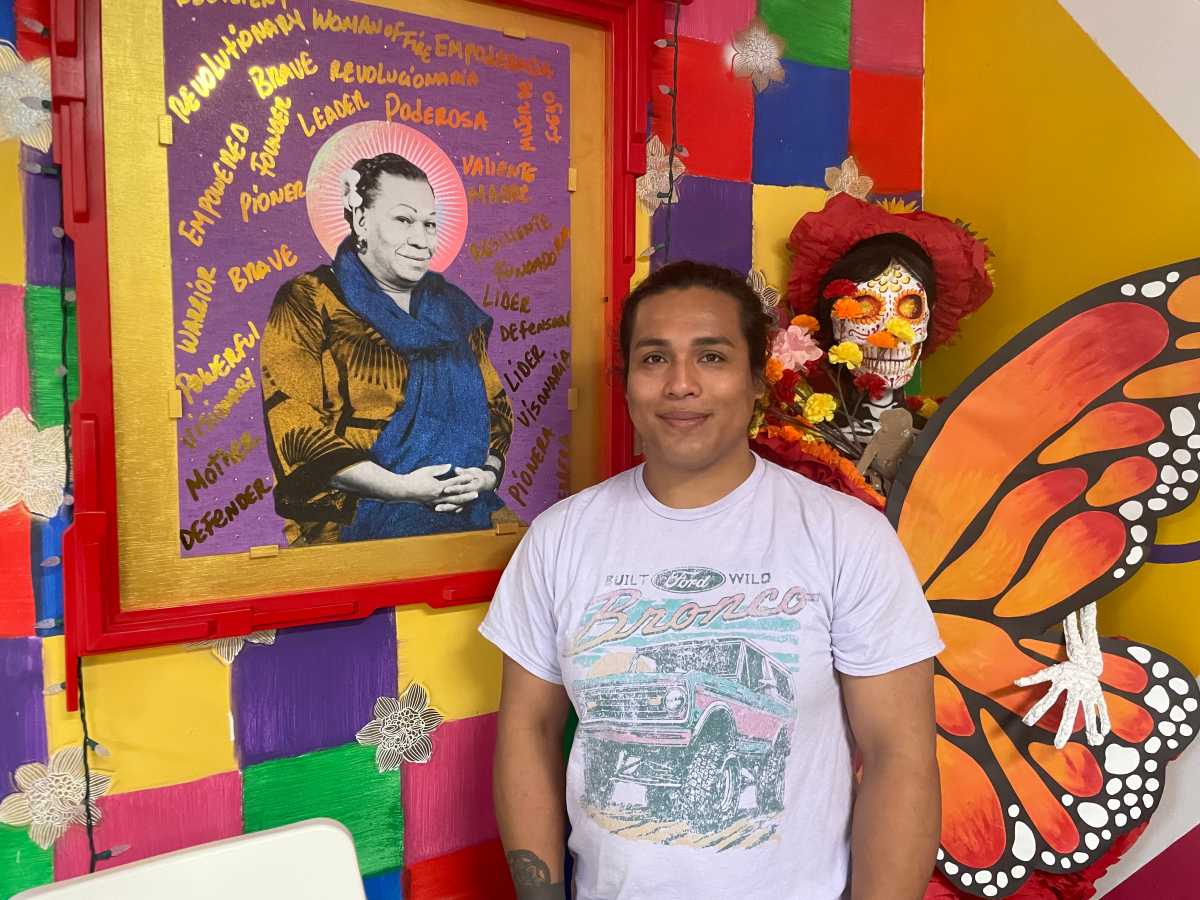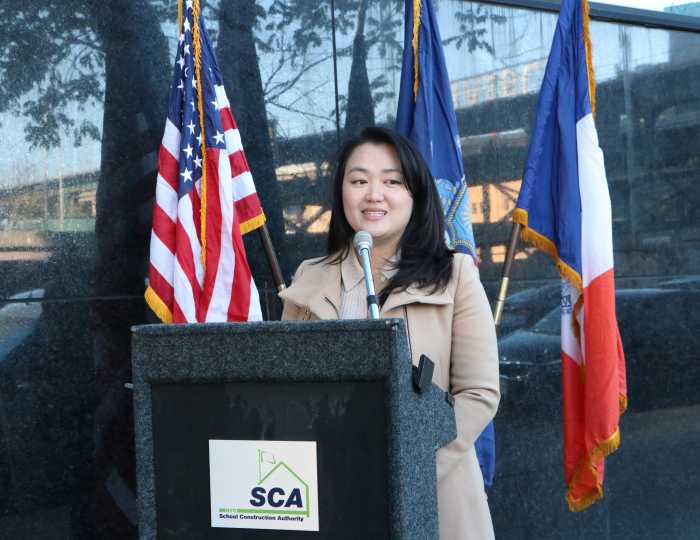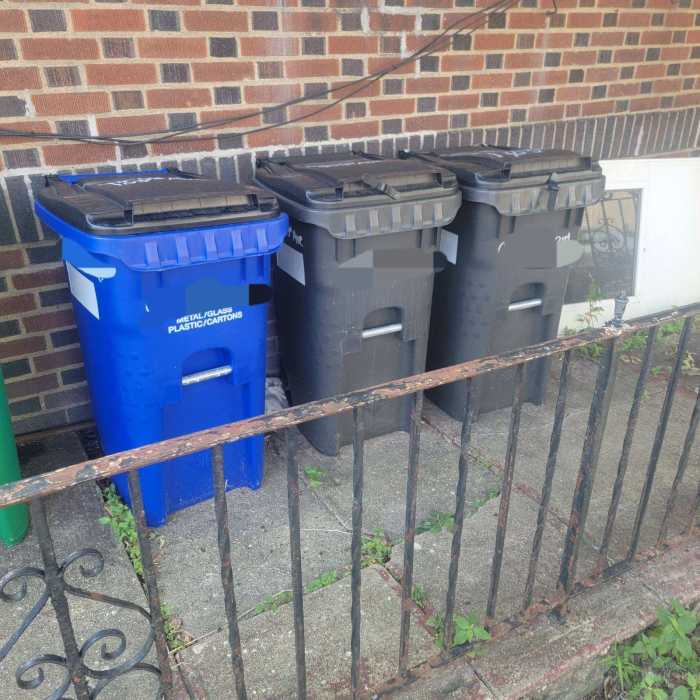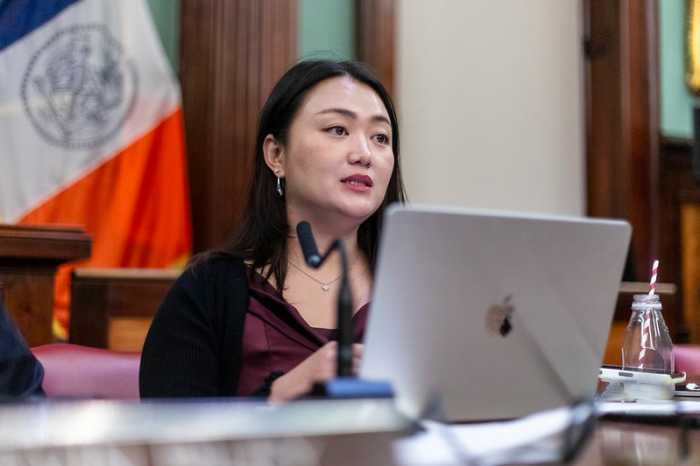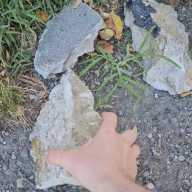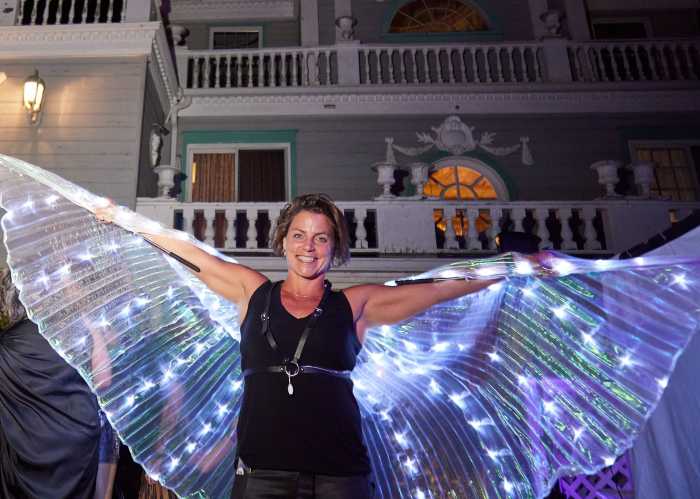It has been several years since lawmakers first introduced the Gender Identity Respect, Dignity and Safety (GIRDS) Act in 2021. Various organizations, including the Trans Immigrant Project (TrIP) of Make The Road New York, have called on state legislators in Albany to protect and end discrimination against TGNCNBI (transgender, gender non-conforming, non-binary and intersex) people in state and local correctional facilities.
New York State Senator Julia Salazar, who represents the 18th district, sponsors the proposed bill, which is currently in committee.
“There’s a constant threat towards all transgender people in general,” said Liaam Winslet, the executive director of Colectivo Intercultural TRANSgrediendo in Jackson Heights. “When there are laws or states that criminalize and neglect the existence of transgender people, it’s not just a threat towards our rights, but also to our identities. We face constant barriers and limitations.”
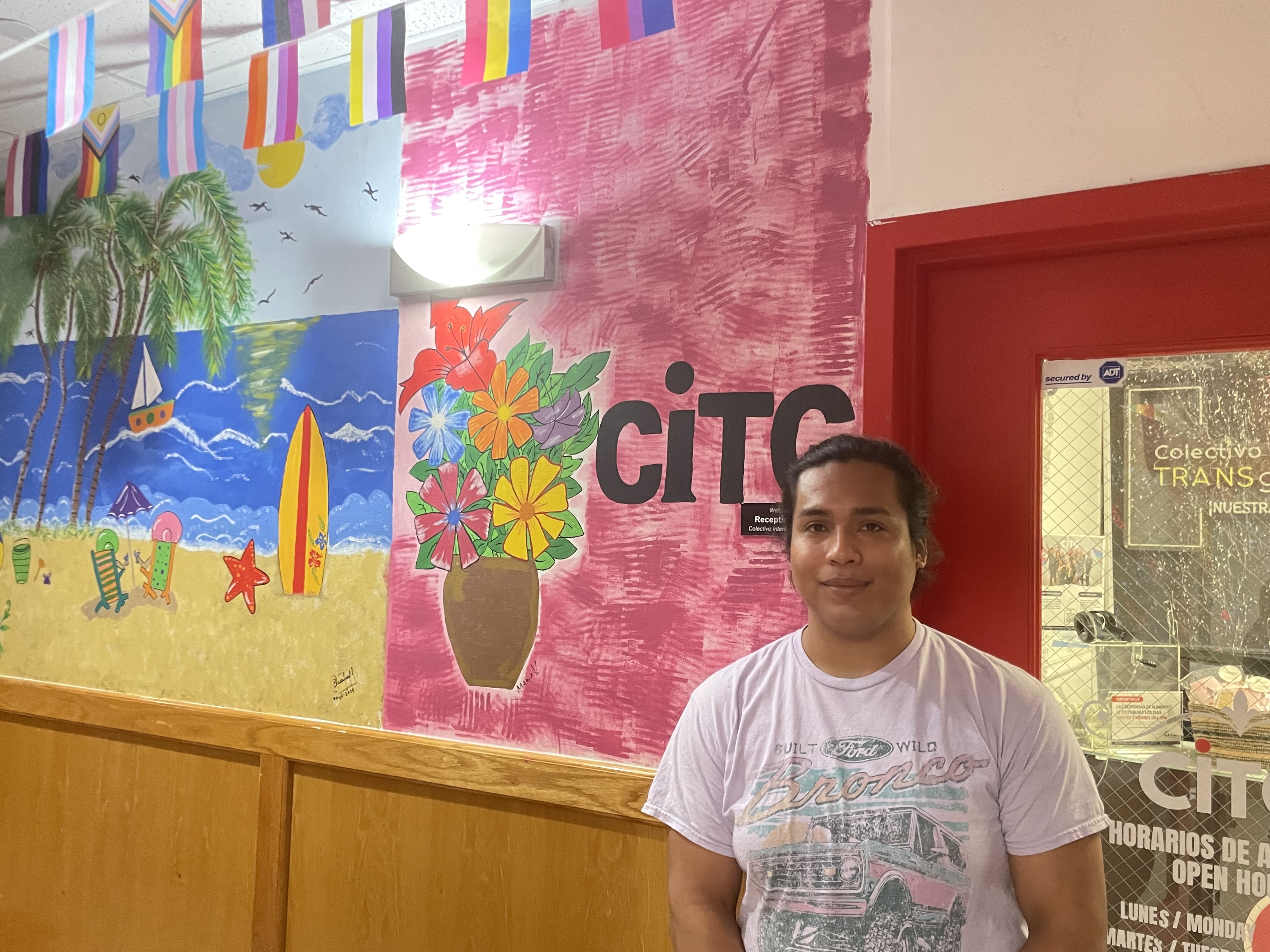
The GIRDS Act would require housing TGNCNBI people in facilities that correspond with their gender identity to prevent the risk of threat to their safety. It would also ensure that Correctional Officers and staff address people by their preferred names and pronouns. The act would guarantee access to commissary items, clothing and medical services that are consistent with an individual’s gender identity.
Failure to comply by the proposed laws would give members of the TGNCNBI community a right of action to seek redress.
“Any act that goes against the rights of transgender individuals shouldn’t be acceptable,” Winslet said. “If someone identifies as a woman, their identification should correspond with that gender. People forget we are human beings too. We have feelings, we have thoughts and we have rights. And we have been fighting for years, as we get neglected.”
The Jackson Heights-based advocate argued that people are unaware of the “difficult reality” faced by the TGNCNBI community, which goes beyond jails and prisons. One common barrier is when they seek employment. Winslet testified an individual’s appearance and gender is “one of the first things” potential employers would take note of. She also emphasized the discrimination TGNCNBI people can encounter when seeking medical services and insurance.
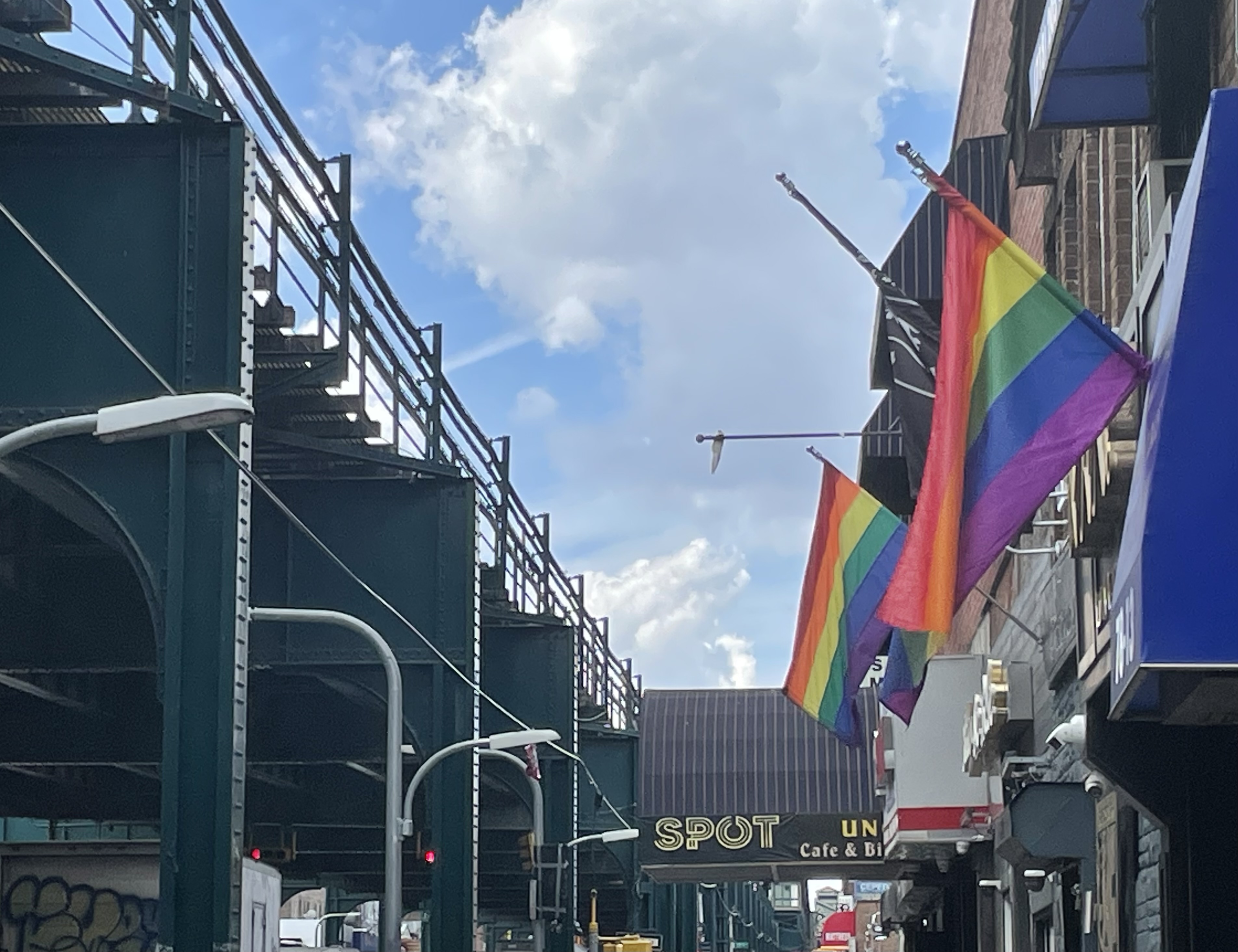
Winslet also recalled members of GITG who have changed their name, along with their gender identity. However, when their municipal or state identification cards needed renewal, they became hesitant. Many feared that their preferred identities would not be reflected on the renewed document, which was not granted in one member’s case.
These are just some of the many instances that stir constant “fear and worrying” within the TGNCNBI community. The Executive Director stated this tends to generate a lot of anxiety, which in turn takes a toll on the community’s mental health. Things have not turned out any better during incidents that involved law enforcement officials.
Several members of CITG who have been arrested recalled the police treating them in a humiliating manner. Officials have laughed at many of them as they were detained. Some have even been forced to remove their wig when they were taken into the facility.
“You ask yourself, ‘How can the police behave in this manner?’ We know that the police isn’t there to take care of us or protect us. The police are there to oppress our communities,” Winslet said. “We are against any kind of connection to the police. Because these kind of instances have a history of repeating.”
Although the GIRDS Act has yet to be passed by State Legislators, Winslet sees the proposed bill as an encouraging sign, which she says reassures the TGNCNBI community that there are leaders who stand beside them. Members of CITG are also closely connected with Assemblymember Catalina Cruz, who was a close friend of the organization’s late founder, Lorena Borjas. The representative of the 39th Assembly District, consisting of Jackson Heights, Elmhurst and Corona, created the Lorena Borjas Transgender and Non-Binary Wellness and Equity Fund in 2022.
As the fund was the first of its kind in New York State, Winslet believed it served as a call for other political figures in the community to stand up for TGNCNBI rights.
“We won’t stop fighting,” Winslet said. “It’s important to stay together and fight together. We can make changes together. For all that society has neglected us over the years.”

